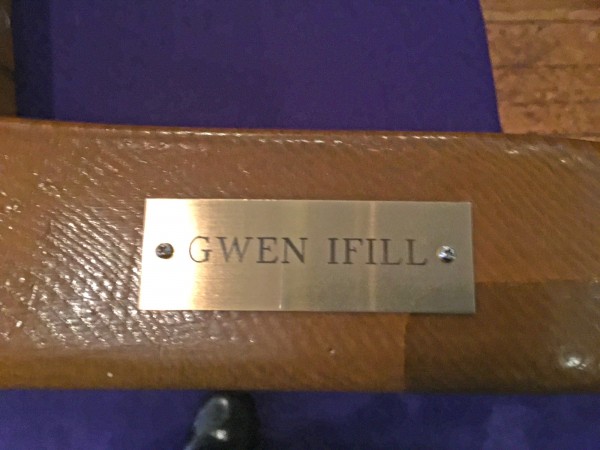Government leaders with "green" agendas hope to see King County become the first in the nation to join a national market for buying and selling credits to help curb global warming.
County Executive Ron Sims is pushing for the county to join the Chicago Climate Exchange, a market in which the commodity is the reduction of greenhouse gases. He also pushed for a county government commitment to reduce its production of gases that aggravate climate change.
"Global warming ... affects our economy, the way we live, the future and the future of our children," county Councilor Larry Phillips said at a meeting with Sims on Monday. "King County has the chance to lead the way to effective solutions." The proposal would make King the first county to join the exchange, also called CCX.
It's the only commodities market in North America in which the commodity is reductions in the so-called greenhouse gases — carbon dioxide, methane and others released by modern society — blamed for heating up the planet.
The market, established in 2003, requires member companies and governments to pledge a 6 percent reduction in greenhouse gases for the 10-year period that ends in 2010. If a member fails to meet its goal, it buys credit from a member that exceeded its required reductions.
Such a system helped reduce sulfur dioxide from power plants in the 1990s.
The climate-exchange credits don't cost very much — at least not yet. And there's no federal requirement for all companies and governments to reduce greenhouse gas production, as there was for sulfur dioxide, so the market is voluntary.
On Monday, the price to make up for emitting a metric ton of greenhouse gases was $3.70.
In Europe, where reductions are mandated, the price has been in the high $30s, said Madison Hall, a longtime commodities trader who is studying the exchange concept as a graduate student at Michigan State.
Many exchange members anticipate that the federal government eventually will mandate cutbacks.
"The first to the market is rewarded," Hall said. "If you're the first to create this relationship, to show goodwill, to educate your vendors, to educate your shareholders, people see that you are ahead of the risk."
The market now has just 177 traders, ranging from a Washington state dairy farmer who figured out how to capture methane from manure to Ford Motor Co. Other members include Motorola and IBM as well as the state of New Mexico and a handful of cities including Chicago, Ill., Oakland and Berkeley, Calif. and Portland, Ore.
The members represent about 4 percent of U.S. greenhouse gas production and about 8 percent of the industrial emitters.
King County expects to be able to sell credits. The county has been working for years to reduce its contribution to climate change, said Jim Lopez, deputy county executive.
The county expects to reap credits for preserving 100,000 acres of forest in eastern King County, which traps carbon dioxide, a greenhouse gas; land-development policies that discourage suburban sprawl; and capturing methane from the county's Cedar Hills landfill.
Also in the works are plans to lure an additional 60,000 riders a day to the county's bus system, protecting another 100,000 acres of forest and more use of climate-friendly transportation.
Sims recently ordered the county to start gearing up to use 50 percent renewable energy for its non-transportation needs by 2012 and to use 50 percent renewable energy across the board by 2020.
King County should get in on the action at the exchange early to help to write the rules, Sims said.
For example, the county has agreed to buy the development rights to about 100,000 acres on the Snoqualmie Tree Farm, but the current system doesn't provide credit for that.
"There is a robust package of things we've already done," Sims said. "The key is: How do you measure that?"
Richard Sandor, executive director of the climate exchange, said he wants ideas from King County.
"We're very anxious to have them join," Sandor said. "We are a membership-driven organization and to the extent they have creative and innovative ideas ... there may be many things we can learn from the county."
— The Associated Press
- Home
- News
- Opinion
- Entertainment
- Classified
- About Us
 MLK Breakfast
MLK Breakfast- Community
- Foundation
- Obituaries
- Donate
04-19-2024 12:59 am • PDX and SEA Weather






















































































































































































































































































































